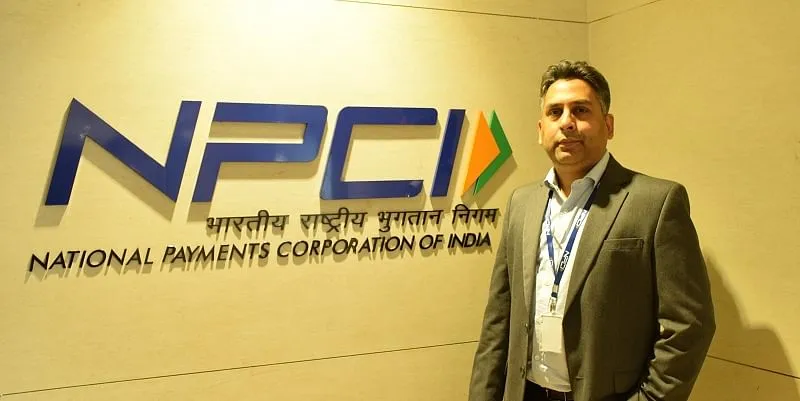Payments regulator lists countries to allow NRE, NRO accounts to transact through UPI
The NPCI will enable UPI transactions from mobile numbers of Singapore, Australia, Canada, Hong Kong, Oman, Qatar, the United States, Saudi Arabia, the UAE, and the United Kingdom.
The National Payments Corporation of India (NPCI) has instructed the Unified Payments Interface (UPI) ecosystem to allow users from some countries with certain non-resident accounts like non-resident external (NRE) and non-resident ordinary (NRO) to transact through UPI.
The member banks have to ensure that these accounts are only allowed as per extant Foreign Exchange Management Act (FEMA) regulations and adhere to guidelines issued by the RBI from time to time, an NPCI circular said.
The development was first reported by MoneyControl.
The NPCI circular said all necessary anti-money laundering or combating of financing of terrorism checks and compliance validations as per rules have to be ensured.

Arif Khan, Chief Digital Officer, NPCI
The NPCI will be enabling transactions from mobile numbers having country codes of Singapore, Australia, Canada, Hong Kong, Oman, Qatar, the United States, Saudi Arabia, the UAE, and the United Kingdom, along with the current domestic country code.
The UPI ecosystem members have to comply with the NPCI directions by April 30.
The NPCI said it has been receiving requests from the UPI ecosystem as well as customers to allow non-resident accounts to transact through UPI.
UPI has become one of the most widely accepted digital payment modes because of its ease and convenience. As of February 2022, nearly 304 banks were available on the UPI platform, with a monthly transaction volume of 4.52 billion and a transaction value of Rs 8.26 lakh crore.
In its effort to widen UPI's reach across India, in March 2022, NPCI launched ‘UPI lite – On-Device wallet’ to enable small-value transactions in offline mode. Similarly, it introduced the '123Pay' UPI service to bring UPI to non-smart/feature phone users.
Recently, the RBI announced the linking of Rupay credit cards with the UPI network.
Edited by Teja Lele








